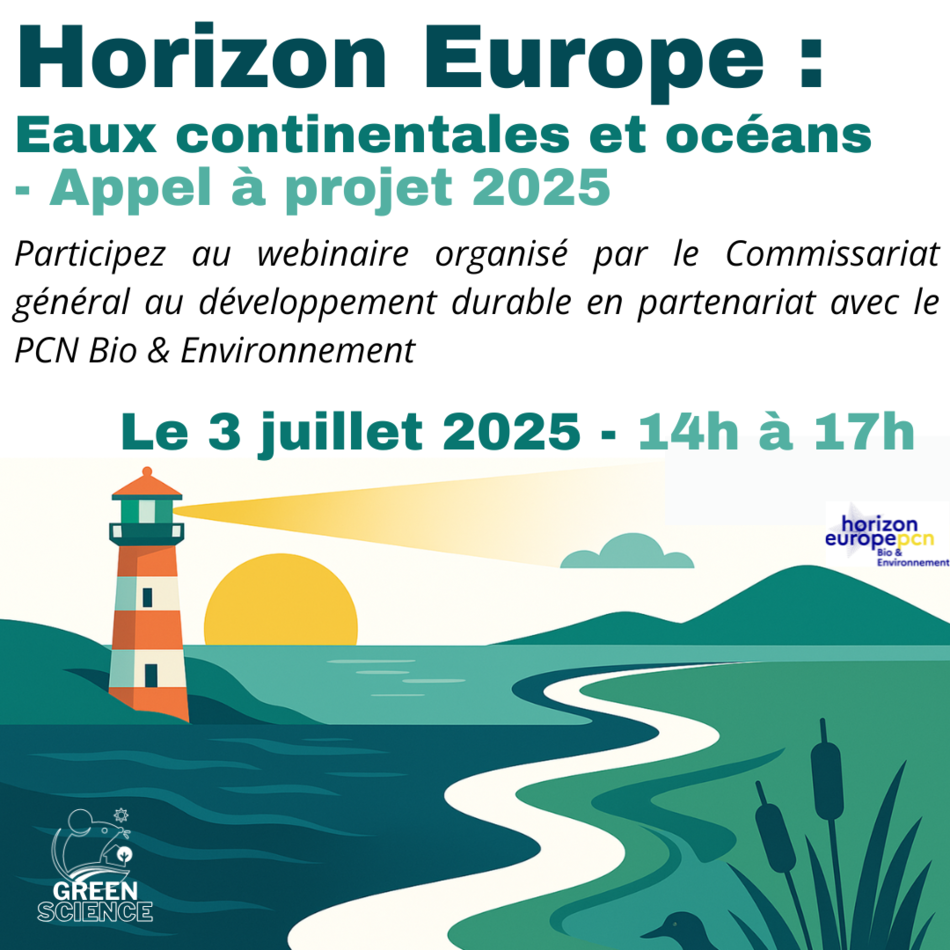Expected Outcome:
Renewable energy technologies will be evermore present in the lives of European citizens, thus a harmonious co-existence is essential. Wind turbines are particularly susceptible to the NIMBY effect (Not In My BackYard), and hence it is facing opposition despite being a high-potential clean energy source. In order to achieve the European goals on climate neutrality, dedicated actions in this context are needed to ensure that large turbines retain a low environmental impact and gain more popular support. A particular focal point should be how to best engage with different communities to identify actions toward the co-existence goal.
Project results are expected to contribute to all of the following expected outcomes:
- Develop and promote the use of modelling tools and objective holistic assessment metrics for realistic in-depth analysis of cumulative impacts of wind installations on the environment and on local communities;
- Develop guidelines to enhance energy citizenship[1]of (onshore or offshore) wind energy and farms, promoting a harmonious co-existence between the local population, other sectors (e.g. fishing communities, tourism) and the wind farms;
- Realise outreach activities to promote social awareness and engagement on wind energy, and develop guidelines for participatory processes in wind farm development to reach interactive and mutually value-enhancing outcomes;
- Facilitate both the identification of future areas for deployment, notably of offshore wind farms, and the consenting process.
Scope:
The proposal is expected to address all the following aspects:
- Develop and promote the use of validated models and guidelines as a tool for enhanced societal engagement. Further, it should also demonstrate how participatory processes can enhance value creation and achieve higher social acceptability of wind energy;
- Assess through validated models how wind turbines impact the local environment (noise, impact on soil or sea beds, visual effect, effects on animal life and other species). In addition, it should also assess, if applicable, how offshore wind turbines (and fixed or floating substructures) impact the local marine environment (currents, waves, upwelling, and sediment transport). Finally, it should help to identify the best areas for deployment and to develop new designs and/or enhanced control strategies of wind turbines to address potential impacts;
- Develop a forum where regulators, industry, and local communities can exchange information and provide input to one another. Further, it should also identify the effect that the implemented models have on promoting wind energy;
- Address how the impact of different wind energy innovations and applications (onshore, offshore, floating, and airborne) is seen by the general public and the local actors.
This topic requires the effective contribution of Social Science and Humanities (SSH) disciplines and the involvement of SSH experts, institutions as well as the inclusion of relevant SSH expertise, in order to produce meaningful and significant effects enhancing the societal impact of the related research activities. Social innovations should also be considered, notably as new tools, ideas and methods leading to active citizen engagement and as drivers of social change, social ownership, and new social practices.
[1] Creating energy citizenship through material participation





